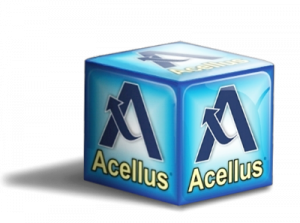Schools utilizing Acellus have found that a full deployment of Acellus is the most effective method of utilization, resulting in a significant increase on standardized test scores, improved graduation rates, and an overall positive change in attitude throughout the school. Schools implementing Acellus in this way are designated as “Acellus Power Schools”, because Acellus empowers their students to achieve their academic goals and educators to reach each student. Becoming a Power School enables educators to put 100% of their students in their Success Zone. Administrators and teachers utilizing Acellus in this way are calling it a “game changer” for their students.
A full deployment of Acellus entails obtaining a site license for the entire student enrollment at the school. This provides students access to all of the courses available through the Acellus course library, and gives all teachers access to TeamTeach. This enables teachers to implement Acellus in any area of need, including blended learning K-12, credit recovery, intervention, special education, gifted and talented, advanced placement, and career and technical education.

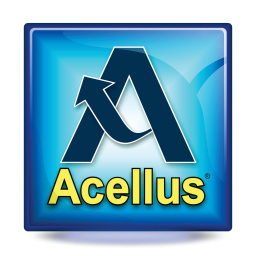
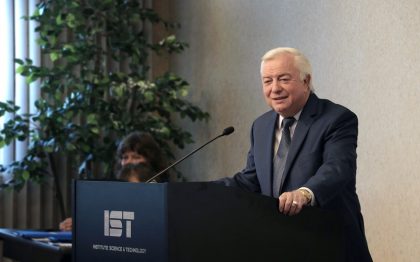
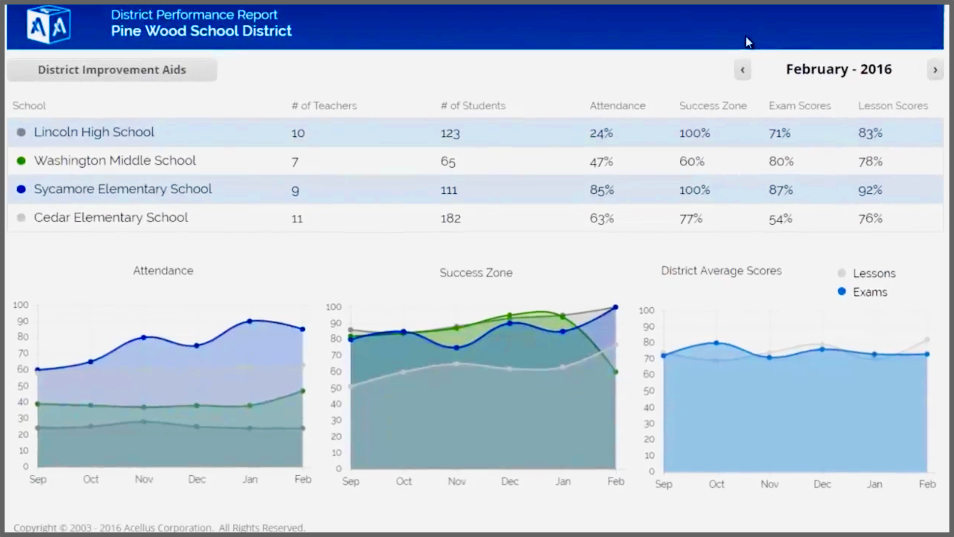

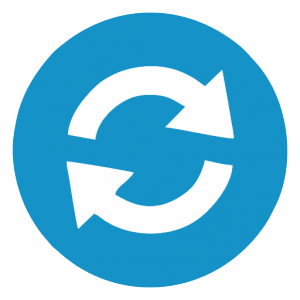 Any course or subject in which students rotate—either on a fixed schedule or at the teacher’s discretion— among learning modalities, at least one of which is online learning. Often students rotate among online learning, small-group instruction, and pencil-and-paper assignments at their desks. Or they may rotate between online learning and some type of whole-group class discussion or project. The key is that the clock or the teacher announces that the time has arrived to rotate, and everyone shifts to their next assigned activity in the course. The Rotation model includes four sub-models: Station Rotation, Lab Rotation, Flipped Classroom, and Individual Rotation.
Any course or subject in which students rotate—either on a fixed schedule or at the teacher’s discretion— among learning modalities, at least one of which is online learning. Often students rotate among online learning, small-group instruction, and pencil-and-paper assignments at their desks. Or they may rotate between online learning and some type of whole-group class discussion or project. The key is that the clock or the teacher announces that the time has arrived to rotate, and everyone shifts to their next assigned activity in the course. The Rotation model includes four sub-models: Station Rotation, Lab Rotation, Flipped Classroom, and Individual Rotation.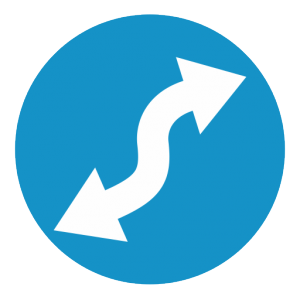 A course or subject in which online learning is the backbone of student learning, even if it directs students to offline activities at times. The teacher of record is on-site, and students learn mostly on a brick-and-mortar campus, except for any homework. Students move through a Flex course according to their individual needs. Face-to-face teachers are on hand to offer help, and in many programs they initiate projects and discussions to enrich and deepen learning, although in other programs they are less involved.
A course or subject in which online learning is the backbone of student learning, even if it directs students to offline activities at times. The teacher of record is on-site, and students learn mostly on a brick-and-mortar campus, except for any homework. Students move through a Flex course according to their individual needs. Face-to-face teachers are on hand to offer help, and in many programs they initiate projects and discussions to enrich and deepen learning, although in other programs they are less involved. A course that a student takes entirely online to accompany other experiences that the student is having at a brick-and-mortar school or learning center. The teacher of record for the A La Carte course is the online teacher. Students may take the A La Carte course either on the brick-and-mortar campus or off-site. This differs from full-time online learning because it is not a whole-school experience. Students take some courses A La Carte and others face-to-face at a brick-and-mortar campus.
A course that a student takes entirely online to accompany other experiences that the student is having at a brick-and-mortar school or learning center. The teacher of record for the A La Carte course is the online teacher. Students may take the A La Carte course either on the brick-and-mortar campus or off-site. This differs from full-time online learning because it is not a whole-school experience. Students take some courses A La Carte and others face-to-face at a brick-and-mortar campus.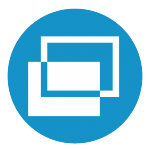 A course or subject in which students have required face-to-face learning sessions with their teacher of record and then are free to complete their remaining coursework remotely from the face-to-face teacher. Many Enriched Virtual programs began as full-time online schools and then developed blended programs to provide students with brick-and-mortar school experiences. The Enriched Virtual Model differs from the Flipped Classroom Model because in Enriched Virtual programs, students seldom meet face-to-face with their teachers every weekday. It differs from a fully online course because face-to-face learning sessions are more than optional office hours or social events; they are required.
A course or subject in which students have required face-to-face learning sessions with their teacher of record and then are free to complete their remaining coursework remotely from the face-to-face teacher. Many Enriched Virtual programs began as full-time online schools and then developed blended programs to provide students with brick-and-mortar school experiences. The Enriched Virtual Model differs from the Flipped Classroom Model because in Enriched Virtual programs, students seldom meet face-to-face with their teachers every weekday. It differs from a fully online course because face-to-face learning sessions are more than optional office hours or social events; they are required.